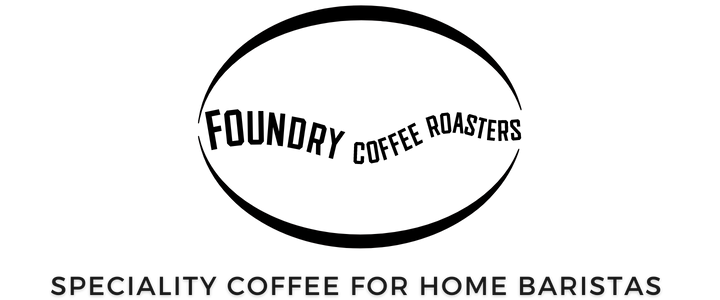-
Buy Coffee
-
Buy Other Stuff
-
Everything Else
ORDERS PLACED NOW WILL BE SHIPPED ON MONDAY 9th FEBRUARY - (more info here)
August 21, 2019
This is another one of those questions that we get asked a lot and it’s also one of those where it’s pretty impossible to give a satisfactory, succinct answer.
Supermarkets really don’t help. Their coffee is generally rated in terms of ‘strength’, the higher the number, the ‘stronger’ the coffee. It’s a misrepresentation that I’m amazed they have been allowed to get away with for so many years. As it happens, the supermarkets may be getting at the same issue that our enquiring customers are and that is the tendency to conflate strength with bitterness.
Ok, let’s backtrack for a second. Strength is only about concentration (or dilution if you prefer). Remember, we don’t really drink coffee. We drink water that has taken on some of the delicious compounds that previously lived within our coffee beans. So, strength is purely about how much coffee is in our water. Our espresso may contain 10% coffee and 90% water and that is as strong as our coffee drinks get. Filter coffee will be less that 1.5% coffee typically, so it’s much weaker.
The coffee we used for both drinks is from the same bag. As such, the concept of ‘strength’ is meaningless when we apply it to just coffee - it only starts to make sense when we consider the coffee and the water together. If you want stronger coffee, you need to get more coffee into your water.
Back to the supermarkets. Why do they therefore label their coffee as having different strengths? - It’s a convenient way of describing bitterness or roast degree (ie. a light roasted coffee would be a ‘1’, a very dark roasted coffee a ‘5’). If we drink very bitter coffee, then we tend to think of it as ‘strong’.
There’s nothing wrong with bitterness if that’s what you like but it’s worth thinking about how we got to a situation where bitterness is so common in the coffee that we drink.
Most coffee is pretty poor quality and so commercial roasters roast it until it is dark. This burning of the coffee produces those bitter, astringent notes. This is why so much coffee tastes the same. It’s like if you burn your sausages on the barbecue, the main taste you’ll be left with is the taste of the barbecue itself. The coffee will ‘taste of the roaster’, it’ll be bitter and the only way to make it drinkable is to add to it a huge amount of milk - enter Costa.
There are a couple of other reasons that we get bitterness in coffee. If you take too much flavour out of the coffee in the brewing process, you can extract bitter tasting compounds - we call this ‘over-extraction’. This is different to what’s happening when the coffee is burnt. You could extract less from the same coffee and the bitterness will not be present. By contrast, if the coffee is burnt then there’s nothing you can do to remove that bitterness from the cup.
Sometimes, even good coffee can contain elements of flavour that are somewhat bitter. We’ve had coffee that has a bitterness in the finish which reminds us of black tea, for example. Bitterness in this case has nothing to do with how the coffee has been roasted, it’s just an inherent flavour in that particular coffee.
So you could come into our coffee shop and ask us which is the strongest drink that we serve and we’d be able to tell you and you now know why we can’t tell you which is our strongest coffee.
